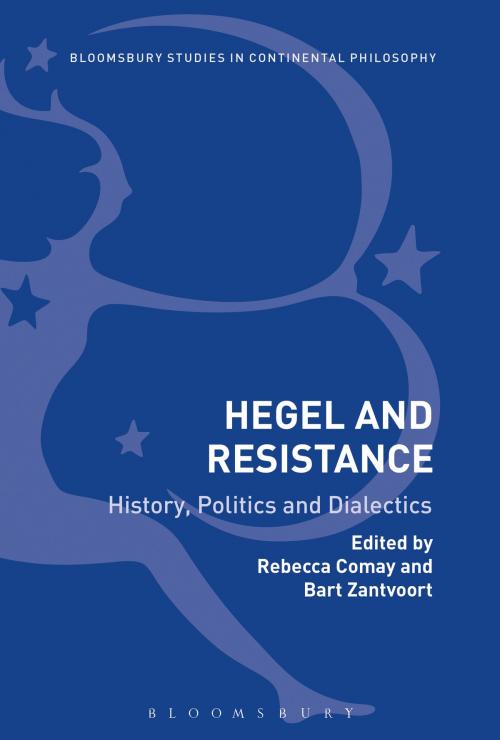Hegel and Resistance
History, Politics and Dialectics
Nonfiction, Religion & Spirituality, Philosophy, Political, Health & Well Being, Psychology| Author: | ISBN: | 9781350003651 | |
| Publisher: | Bloomsbury Publishing | Publication: | December 28, 2017 |
| Imprint: | Bloomsbury Academic | Language: | English |
| Author: | |
| ISBN: | 9781350003651 |
| Publisher: | Bloomsbury Publishing |
| Publication: | December 28, 2017 |
| Imprint: | Bloomsbury Academic |
| Language: | English |
The concept of resistance has always been central to the reception of Hegel's philosophy. The prevalent image of Hegel's system, which continues to influence the scholarship to this day, is that of an absolutist, monist metaphysics which overcomes all resistance, sublating or assimilating all differences into a single organic 'Whole'. For that reason, the reception of Hegel has always been marked by the question of how to resist Hegel: how to think that which remains outside of or other to the totalizing system of dialectics.
In recent years the work of scholars such as Catherine Malabou, Slavoj Žižek, Rebecca Comay and Frank Ruda has brought considerable nuance to this debate. A new reading of Hegel has emerged which challenges the idea that there is no place for difference, otherness or resistance in Hegel, both by refusing to reduce Hegel's complex philosophy to a straightforward systematic narrative and by highlighting particular moments within Hegel's philosophy which seem to counteract the traditional understanding of dialectics.
This book brings together established and new voices in this field in order to show that the notion of resistance is central to this revaluation of Hegel.
The concept of resistance has always been central to the reception of Hegel's philosophy. The prevalent image of Hegel's system, which continues to influence the scholarship to this day, is that of an absolutist, monist metaphysics which overcomes all resistance, sublating or assimilating all differences into a single organic 'Whole'. For that reason, the reception of Hegel has always been marked by the question of how to resist Hegel: how to think that which remains outside of or other to the totalizing system of dialectics.
In recent years the work of scholars such as Catherine Malabou, Slavoj Žižek, Rebecca Comay and Frank Ruda has brought considerable nuance to this debate. A new reading of Hegel has emerged which challenges the idea that there is no place for difference, otherness or resistance in Hegel, both by refusing to reduce Hegel's complex philosophy to a straightforward systematic narrative and by highlighting particular moments within Hegel's philosophy which seem to counteract the traditional understanding of dialectics.
This book brings together established and new voices in this field in order to show that the notion of resistance is central to this revaluation of Hegel.















